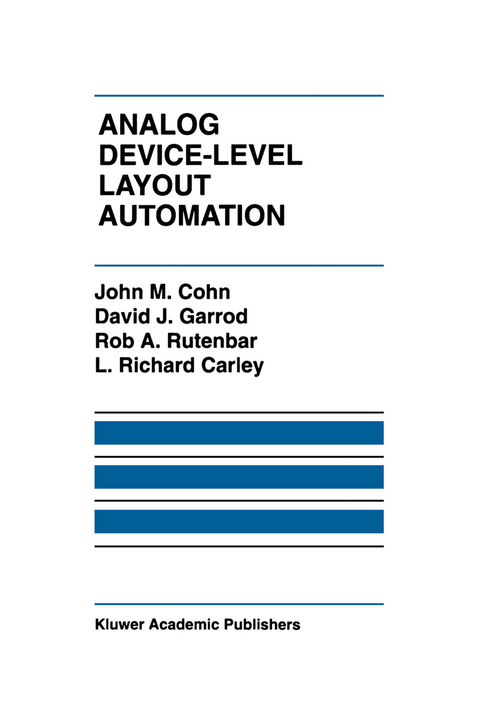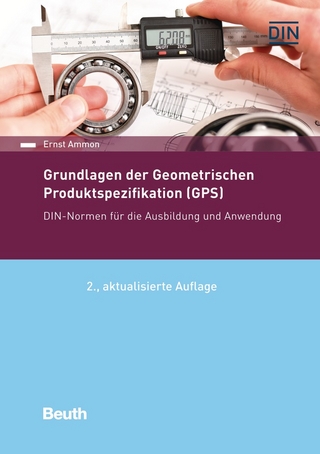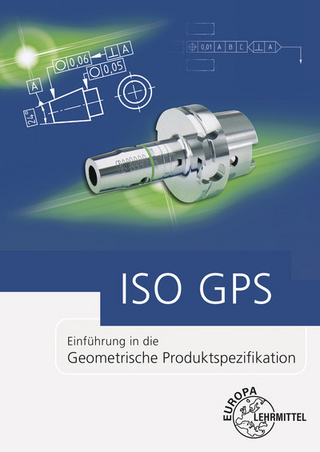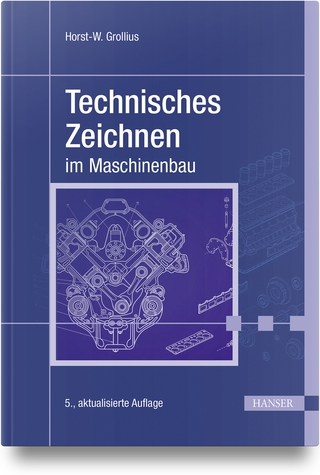
Analog Device-Level Layout Automation
Springer-Verlag New York Inc.
978-1-4613-6189-3 (ISBN)
1 Introduction.- 1.1 Focus.- 1.2 Introduction.- 1.3 Analog Cell Layout: Important Concerns.- 1.4 Semi-Custom Analog Layout Technologies.- 1.5 Layout Strategy.- 1.6 Overview.- 2 Basic Placement.- 2.1 Introduction.- 2.2 Simulated Annealing for Device-Level Placement.- 2.3 Basic Placement Formulation.- 2.4 KOAN Basic Placement Functionality.- 2.5 KOAN Basic Placement Results.- 2.6 Summary.- 3 Topological Placement.- 3.1 Introduction.- 3.2 Modeling Topological Constraints.- 3.3 Placement for Device Matching.- 3.4 Placement for Layout Symmetry.- 3.5 Placement for System-Level Topological Constraints.- 3.6 General Implementation Issues.- 3.7 Topologically-Constrained Results.- 3.8 Summary.- 4 Geometry Sharing Placement.- 4.1 Introduction.- 4.2 Geometry Sharing Optimizations in Analog VLSI Layout.- 4.3 Supporting Geometry Sharing Optimizations.- 4.4 Geometry Sharing Results.- 4.5 Placement Optimization Dynamics.- 4.6 Summary.- 5 Line-Expansion Routing.- 5.1 Line-Expansion Routing.- 5.2 Basic Path Finding.- 5.3 Other Basic Routing Issues.- 5.4 Results.- 5.5 Summary.- 6 Integrated Rerouting.- 6.1 Need for Ripup.- 6.2 Rip-up Methodologies.- 6.3 Integrated Rip-up in ANAGRAM II.- 6.4 Embedding: Controlling Rip-up/Reroute.- 6.5 Summary.- 7 Symmetric Routing.- 7.1 Thermal Matching.- 7.2 Parametric Device Matching.- 7.3 Symmetric Placement.- 7.4 Symmetric Routing: Motivations.- 7.5 Symmetric Routing in ANAGRAM II.- 7.6 Routability Issues in Symmetric Routing.- 7.7 Results.- 7.8 Summary.- 8 Crosstalk Avoidance Routing.- 8.1 Crosstalk Avoidance Routing: Background.- 8.2 Crosstalk Avoidance in ANAGRAM II.- 8.3 Path Finding and Crosstalk Penalties.- 8.4 Results.- 8.5 Summary.- 9 Additional KOAN/ANAGRAM II Results.- 9.1 Introduction.- 9.2 System-Level Overview.- 9.3 Scaling behavior.- 9.4Additional Comparisons with Manual Layout.- 9.5 Technology Remapping.- 9.6 Fabrication Example.- 9.7 Incremental re-spacing.- 9.8 Summary.- 10 Conclusions and Future Work.
| Reihe/Serie | The Springer International Series in Engineering and Computer Science ; 263 |
|---|---|
| Zusatzinfo | XVIII, 285 p. |
| Verlagsort | New York, NY |
| Sprache | englisch |
| Maße | 155 x 235 mm |
| Themenwelt | Informatik ► Weitere Themen ► CAD-Programme |
| Technik ► Elektrotechnik / Energietechnik | |
| ISBN-10 | 1-4613-6189-3 / 1461361893 |
| ISBN-13 | 978-1-4613-6189-3 / 9781461361893 |
| Zustand | Neuware |
| Haben Sie eine Frage zum Produkt? |
aus dem Bereich


